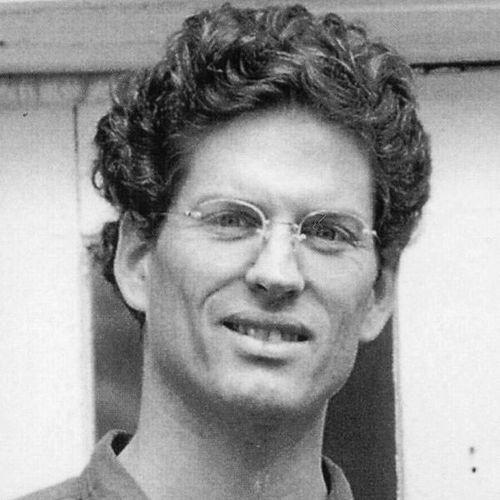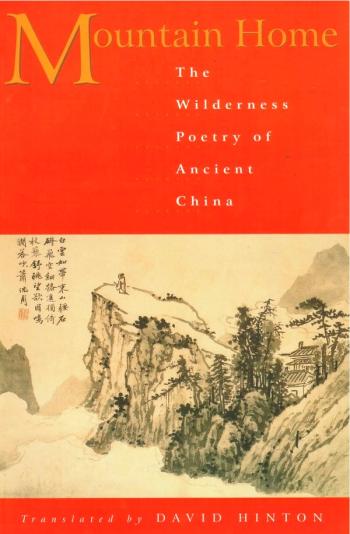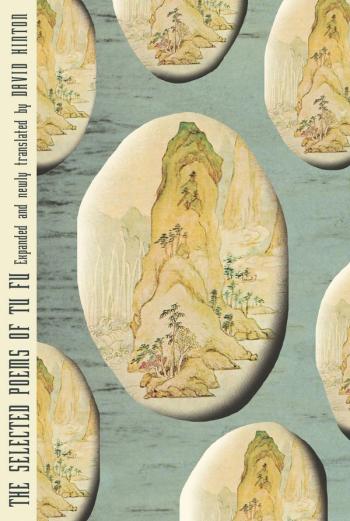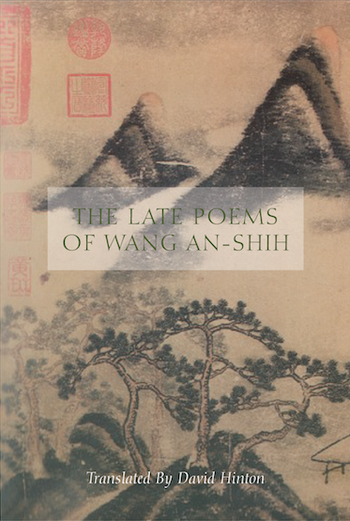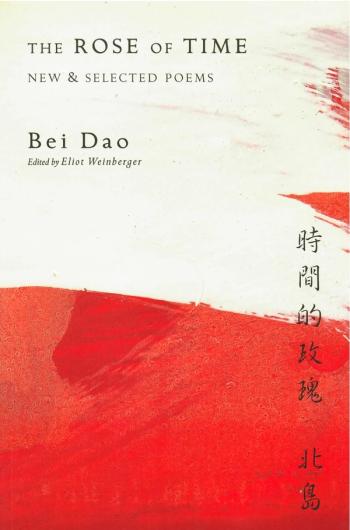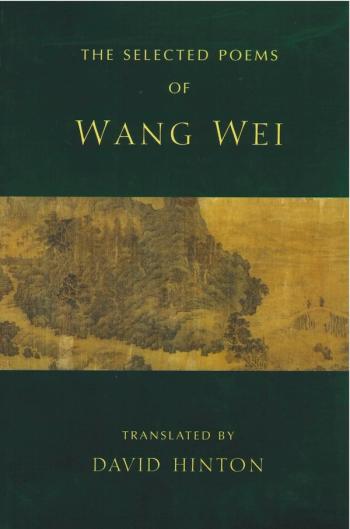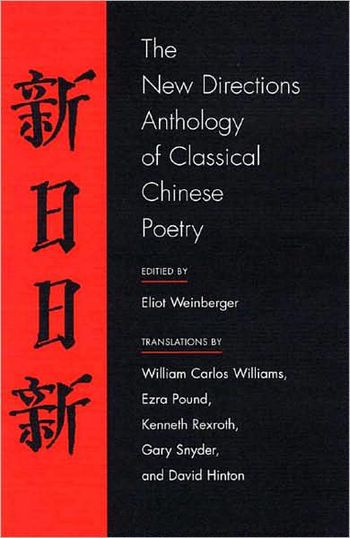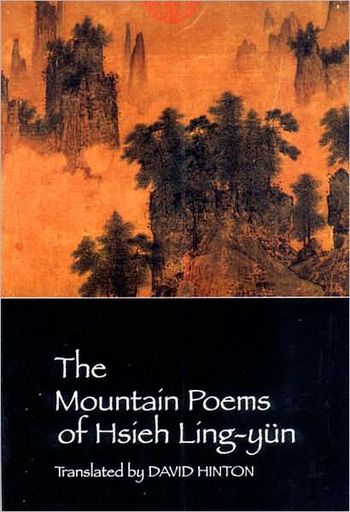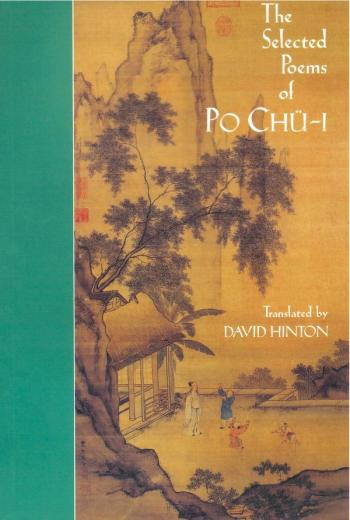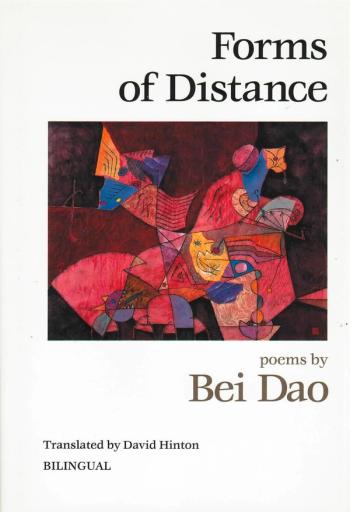Translated by David Hinton
Tu Fu (712–770 C.E.) has for a millennium been widely considered the greatest poet in the Chinese tradition, and Hinton’s original translation played a key role in developing that reputation in America. Most of Tu Fu’s best poems were written in the last decade of his life, as an impoverished refugee fleeing the devastation of civil war. In the midst of these challenges, his always personal poems manage to combine a remarkable range of possibilities: elegant simplicity and great complexity, everyday life and grand historical drama, private philosophical depth and social engagement in a world consumed by war. Through it all, his is a wisdom that can only be called elemental, and his poems sound remarkably contemporary:
Leaving the City
It’s bone-bitter cold, and late, and falling
frost traces my gaze all bottomless skies.
Smoke trails out over distant salt mines.
Snow-covered peaks slant shadows east.
Armies haunt my homeland still, and war
drums throb in this far-off place. A guest
overnight here in this river city, I return
again to shrieking crows, my old friends.
